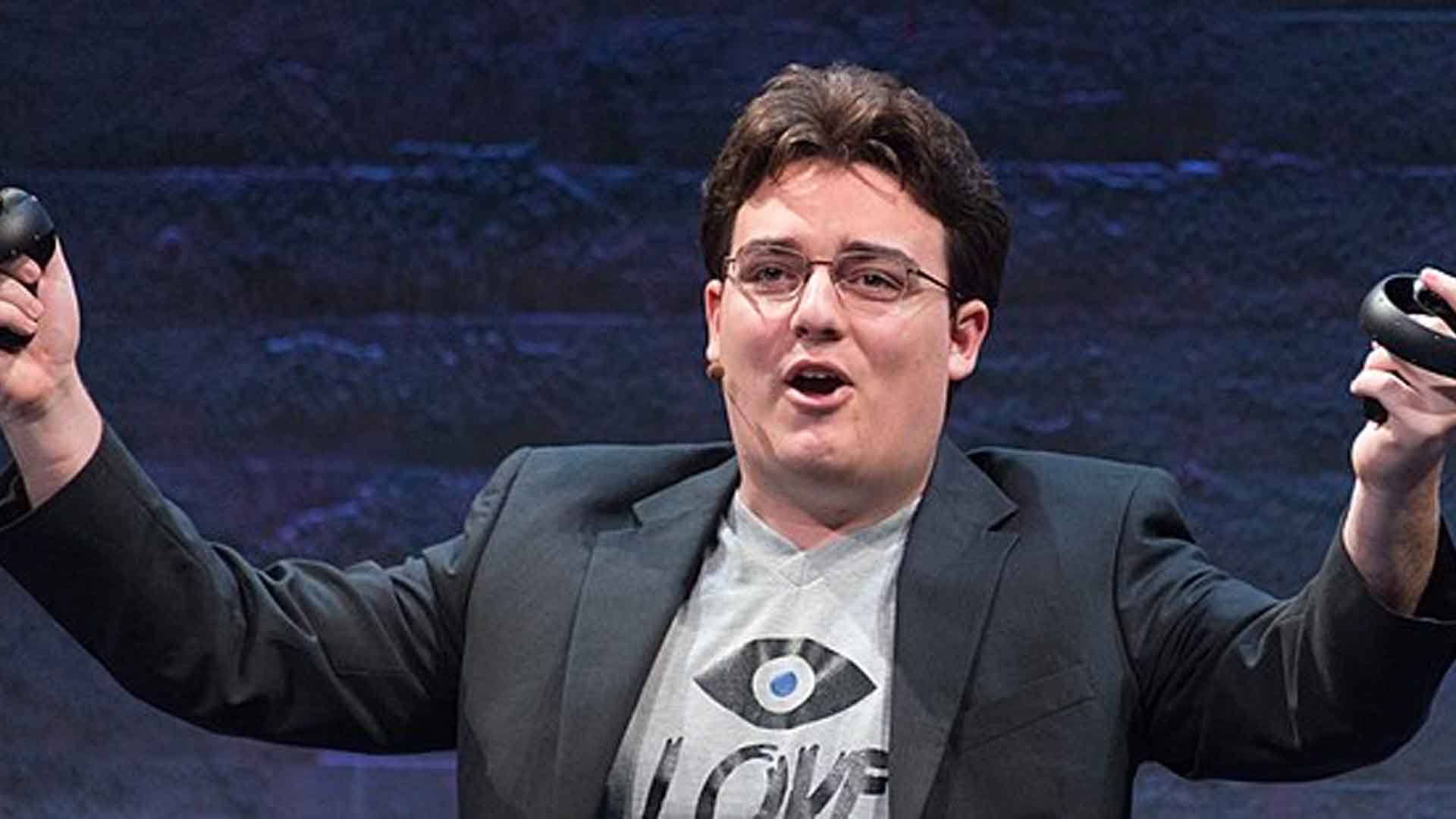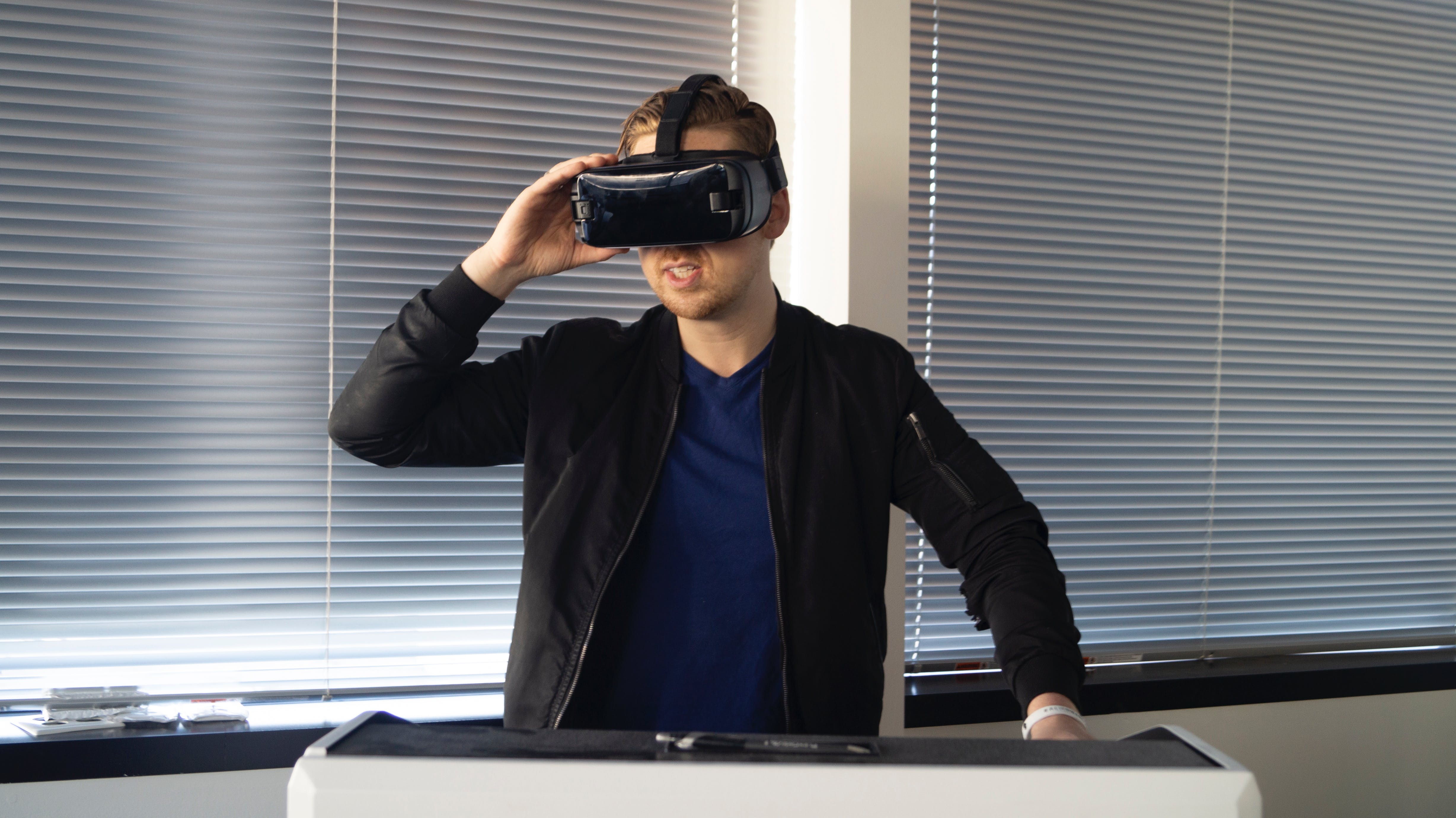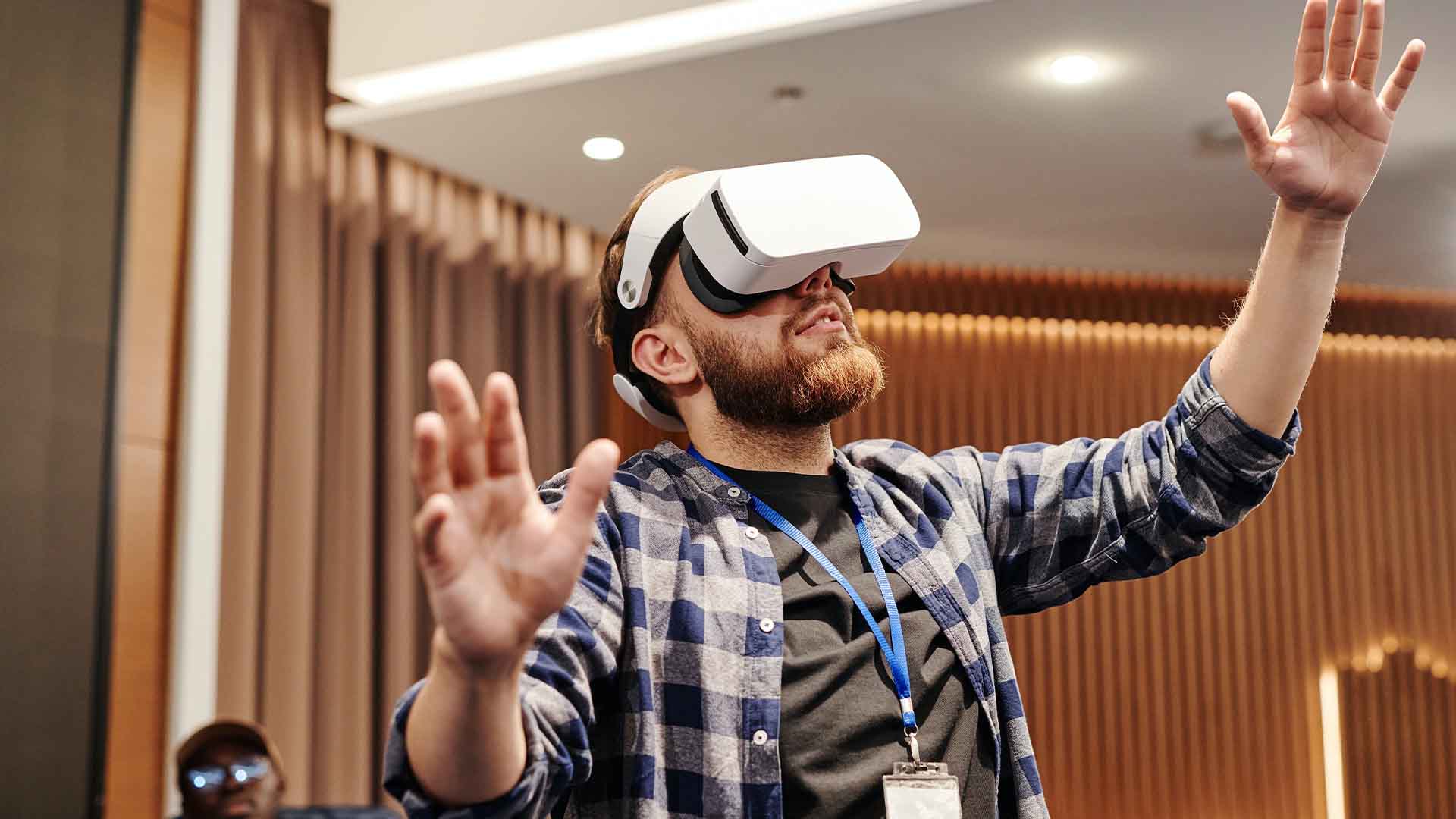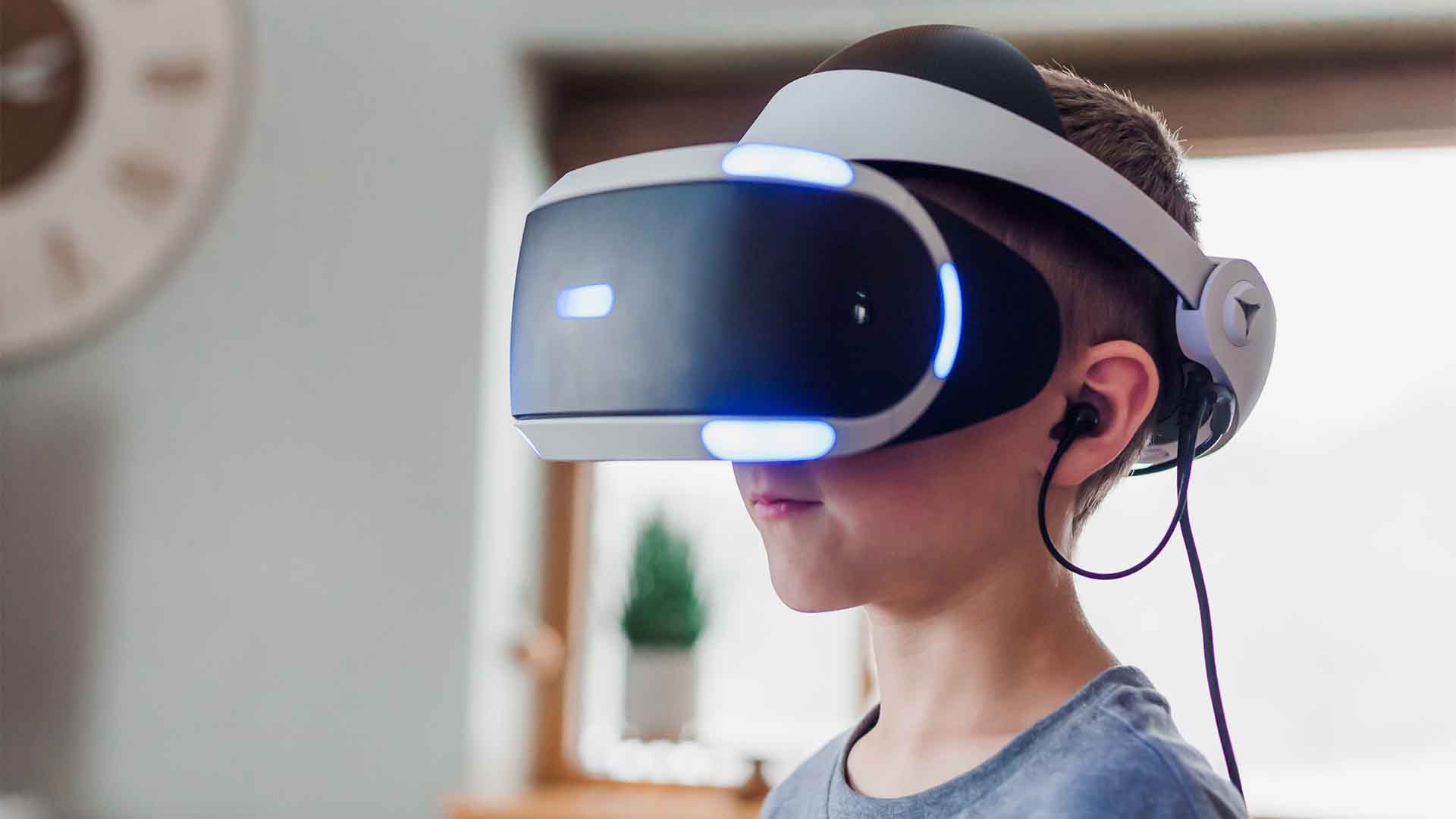Palmer Luckey, known for founding Oculus VR, made headlines in 2022 by saying he had a startling creation: a VR headset designed to kill its users if they die in a video game.
Drawing inspiration from the animé “Sword Art Online,” this concept blurs the line between virtual gaming and real-world consequences. Luckey’s invention integrates the immersive experience of VR with a disturbingly literal interpretation of in-game death, proposing a scenario where virtual actions have irreversible physical outcomes.
From Virtual Reality to Defense Technology

After his departure from Oculus following the sale to Facebook, Luckey redirected his innovative prowess to national defense technology. This transition marks a significant shift from his earlier contributions to virtual reality, indicating an evolving interest that now bridges the gap between entertainment technology and more serious applications, such as military defense.
Luckey’s journey from VR to national security reflects a broader trend of technological convergence and versatility.
The Path to Anduril Industries

Post-Oculus, Palmer Luckey embarked on a new venture, founding Anduril Industries. This company diverges significantly from his VR roots, focusing on developing AI-based surveillance and defense systems for the U.S. military.
This shift indicates Luckey’s versatile talent in tech innovation and highlights a trend where technology entrepreneurs move between vastly different sectors — in this case, from consumer electronics to national defense.
The Concept Behind the Lethal Headset

Luckey’s VR headset is not just a gaming device — it’s a radical experiment (via Forbes). Equipped with explosive charges that could fatally harm the user upon losing a game, this headset introduces a terrifying stake to the virtual gaming experience.
The concept is both intriguing and alarming, raising questions about the ethical boundaries of gaming and technology. It’s a literal take on the “game over” concept, pushing the limits of how we perceive and interact with virtual environments.
Halfway to ‘NerveGear’

The headset is currently at an intermediate stage of what Luckey envisions as the real-life version of “NerveGear” technology that characters must escape. While it possesses the lethal capability depicted in “Sword Art Online,” it lacks the advanced VR immersion that fully realizes the anime’s concept.
This halfway point underscores the challenges and possibilities of integrating high-level VR with real-world consequences, opening a discussion on the future direction of VR technology.
Just a Concept for Now

Despite its functional design, Luckey has not tested this lethal VR headset, nor does he intend to. Instead, he views it as a piece of conceptual art, a thought-provoking statement on the limits and ethics of technology.
It stands as a nod to the potential dangers inherent in blending virtual experiences with real-life consequences, and serves as a stark reminder of the responsibilities that come with technological innovation.
Ethical Dilemmas in Gaming Technology

The creation of a potentially lethal VR headset by Palmer Luckey sparks a crucial conversation about ethics in technology. And it’s not the first time he’s had this discussion.
In 2021, he proposed the idea of video games that killed the user in real life (via The Byte). He wrote on X (formerly Twitter) that games “with physical consequences as severe as death” could have a unique appeal.
When Science Fiction Meets Reality

Luckey’s headset is a vivid example of science fiction turning into reality. It reflects how ideas once confined to the realm of speculative fiction are becoming increasingly feasible with today’s technology.
This crossover raises questions about the influence of sci-fi in shaping future technologies and the societal impacts of such advancements, especially when they involve life-or-death scenarios.
The Evolution of Virtual Reality

The development of a VR headset with real-life consequences represents a significant evolution in virtual reality technology. It moves beyond traditional applications in gaming and entertainment, venturing into realms that could have profound implications on how we perceive and interact with digital worlds.
This evolution points to a future where VR experiences could have tangible effects, extending beyond immersive entertainment.
Public and Industry Response

The reaction to Luckey’s lethal VR headset ranges from fascination to concern. It has sparked a dialogue within the tech community and among the public about the limits of technology and gaming.
One Redditor joked, “How do I sign up as a beta tester?” Others scoffed at the idea and commented that Luckey had too much time and money on his hand.
What Does This Mean for VR Gaming?

This development poses critical questions for the future of VR gaming. It pushes us to consider the potential directions VR technology could take and the ethical boundaries that should guide its development.
As VR becomes more immersive and integrated with real-world applications, the gaming industry must navigate these new ethical landscapes, balancing innovation with responsibility.
Palmer Luckey: A Tech Visionary

Palmer Luckey remains a fascinating figure in the tech world, known for his unconventional ideas and bold innovations. His journey from VR gaming to defense technology and his latest creation reflect a willingness to push boundaries and challenge norms.
Luckey’s work continues to spark discussions and controversies, positioning him as a visionary, albeit a polarizing one, in the realm of technological innovation. His contributions, whether celebrated or criticized, undeniably influence the trajectory of technology and its role in society.
